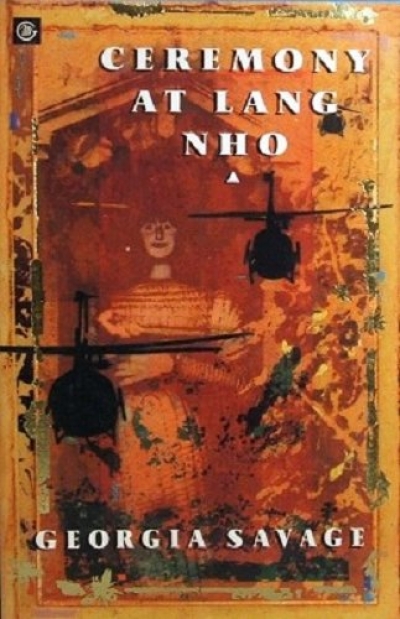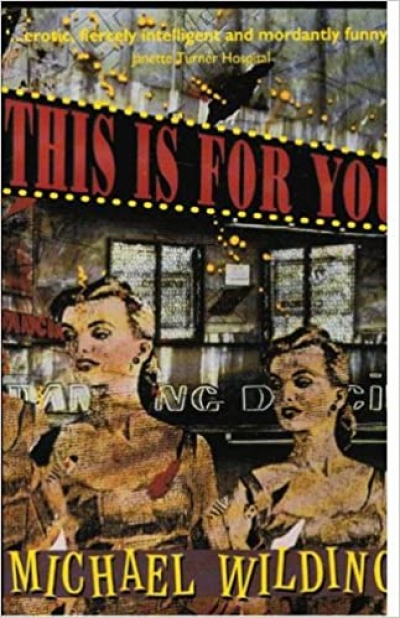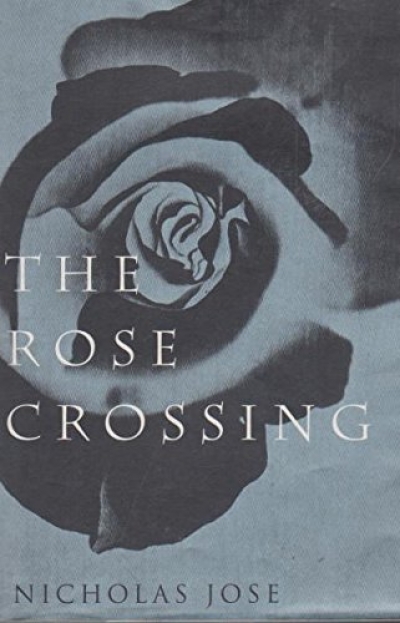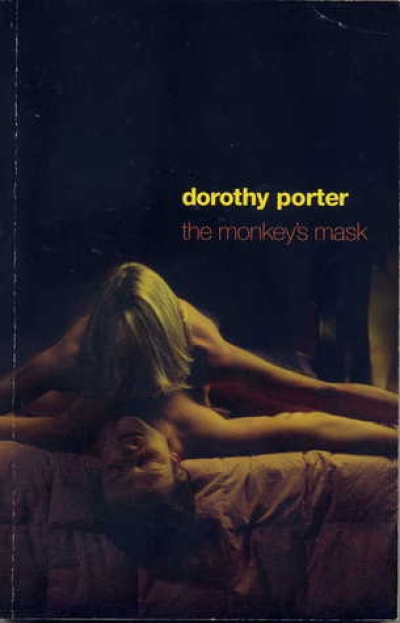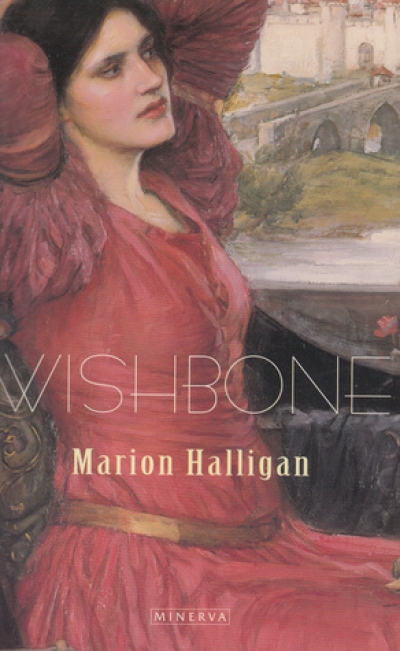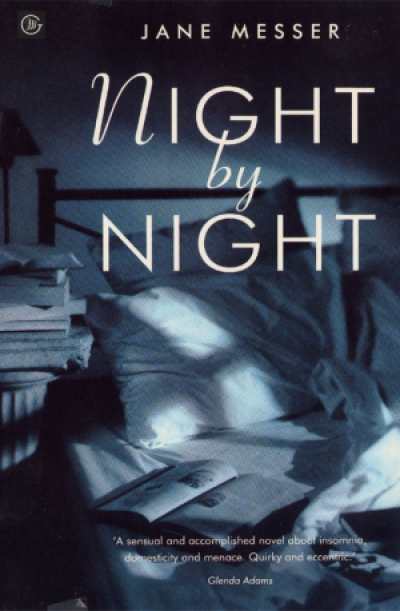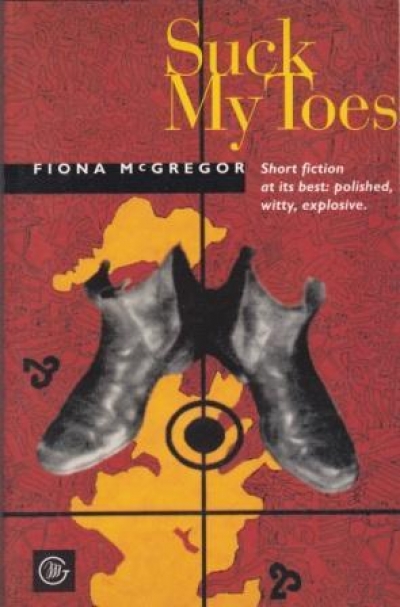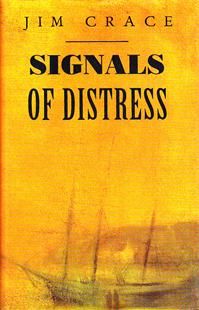Fiction
It would not be unreasonable, given the title and the cover (saffron-tinted, showing a vaguely Buddha-like image overlaid with helicopter gunships) to expect Ceremony at Lang Nho to be about Australia’s involvement in the Vietnam War. Well, we all know about judging books by their covers, don’t we? The image is no Buddha, but an elaborate twelfth-century European beehive, and the helicopter gunships are themselves overlaid by little golden bees. And the true battleground of this novel is not Vietnam but the family and the individual psyche.
... (read more)These twenty-one stories have a pedigree; according to the customary list of acknowledgments, they have had a previous life littered across no fewer than twenty-six books, magazines, and journals, some of whose names are unfamiliar even to my local newsagent. I’m not sure these days if places of publication should properly be called ‘sites’, ‘topoi’, or ‘venues’. Such is the prevalence of dope in this book, however, that perhaps they could be called ‘joints’. But This Is For You is certainly greater than the sum of its parts.
... (read more)Occasionally after you have read a book that pleased, baffled, irritated, or bored you, someone points out all the subtleties, virtues, and faults you have missed. This could perhaps happen to readers of The Rose Crossing.
We know from Anna Russell that in opera it doesn’t matter what the characters do so long as they sing it; the same could be said of novels, providing the author can convince us. On the surface The Rose Crossing is a tall story set in the seventeenth century, in which, as in a fairy tale, people you don’t believe in behave in an unreal way and get into preposterous situations. They make stagy ‘period’ speeches, they don’t engage our sympathies, they sometimes creak when they move.
... (read more)Dorothy Porter has been called an audacious poet. She has been called a sexy read. Doug Anderson described her as ‘One of our most exuberant and perceptive purveyors of passion.’ With the publication of her latest book, The Monkey’s Mask, Porter’s reputation stands firm.
... (read more)These are the opening lines of Wishbone. Already I know that this is a book I want to continue reading, and not just for the promise of sex, romance, and intrigue. I am also attracted by the ‘difficulty’ of knowing just what tone is being taken here, and just who is speaking to me in these words. As well as being thrown immediately into the story, the reader is confronted with this tone – analytic, cool, amused? There is the holding-back of both information and conclusions. There is the emphasis on bodies, their awkwardness, the space they take up, their economics … and later the words and wishes they produce. Knight will say to his lover, Emmanuelle, ‘I thought we could have an affair and just be bodies.’
... (read more)This is the first novel for Jane Messer who, we are told, is writing a second book as part of a Doctorate of Creative Arts – and, I must admit, that put me off a bit. Not that I think writers should be uneducated, but academic qualifications in ‘creative writing’ are still a bit suss as far as I’m concerned. I don’t like the thought that I’m reading someone’s term paper, or Master of Arts in Writing from John Hopkins University.
... (read more)Beatrice Wood, banished by those around her to ‘the category of the aged’, is both the focus and the strength of Julian Davies’s third novel, Moments of Pleasure. Choosing to live her life as a single woman, she has been the unforgiven Magdalene of her family because for fifty years she has been the lover of Mark, a man twice married. A dapper moustache of a man, Mark drifts in and out of both Bea’s life and the novel.
... (read more)Sometimes I long for beauty – in a book I want beautiful writing and even some beauty illuminated in everyday experience. Fiona McGregor’s short story collection does little to ease my longing.
... (read more)Reviewing Signals of Distress in the 11 Sept Guardian Weekly, Philip Hensher accuses Jim Crace of writing a ‘boy’s book’ in the meretricious style of a Golding feigning Conrad, and ending up all at sea.
... (read more)Are you a regional writer?
I suppose I am, if your definition of a regional writer is someone who evokes atmosphere and themes which have a particular relevance for a region. Firstly, to take the most obvious thing there has always been a particular buccaneering business style, dating from the days of the goldrush of the 1890s and in various eras since, and the whole 1980s materialistic era was written even larger on the West Coast than other places. Going even further back in historical terms when you think of the peculiarities of the exploration of this coast, both by the French and the Dutch, that is something which distinguishes the West Coast. Because of my particular enthusiasm for history and research and canvassing matters of the early exploration, it is a theme which has found its way into three or four of my books.
... (read more)

